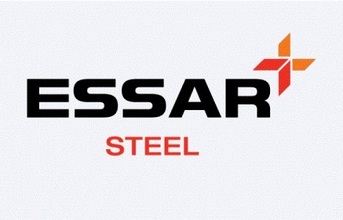
Alongside growing domestic demand, these products also have a large export potential. Market estimates put the annual demand potential at approximately 2 lakh tonnes, of which 50% is in flat steel and the remaining in structural steel.
Dillip Oommen, MD & CEO, Essar Steel, said: "The Defence sector is witnessing exponential growth. Essar Steel would like to be a part of this growing segment so we can capitalise on our strengths, which include state-of-the-art manufacturing and product development. We have developed an excellent track record by successfully supplying steel to many Defence projects. This has given us the confidence and encouragement to expand our product portfolio for this segment."
The revised Defence Procurement Policy 2016 encourages "Make in India" and supports indigenous manufacturing of defence equipment and spares. The goal is to achieve an indigenisation level of 60% to 70%, against the existing 40%. Apart from saving foreign exchange for clients, it will bring about self-sufficiency and self-reliance, as well as position the country as an exporter of defence goods.
The Union Budget for 2017-18 outlays a Defence expenditure of US $53.50 billion—up from US $30 billion in 2009-10. About 80% to 90% of Defence manufacturing in India is dominated by the DPSUs and the OFB. However, several big corporate houses in India have also forayed into this sector and have announced partnerships and expansion plans. While Essar Steel has been servicing the Defence sector for the past 6-7 years, the entry of private players in this sector has enhanced the marketability of its products.
(Continued on the next page)



























